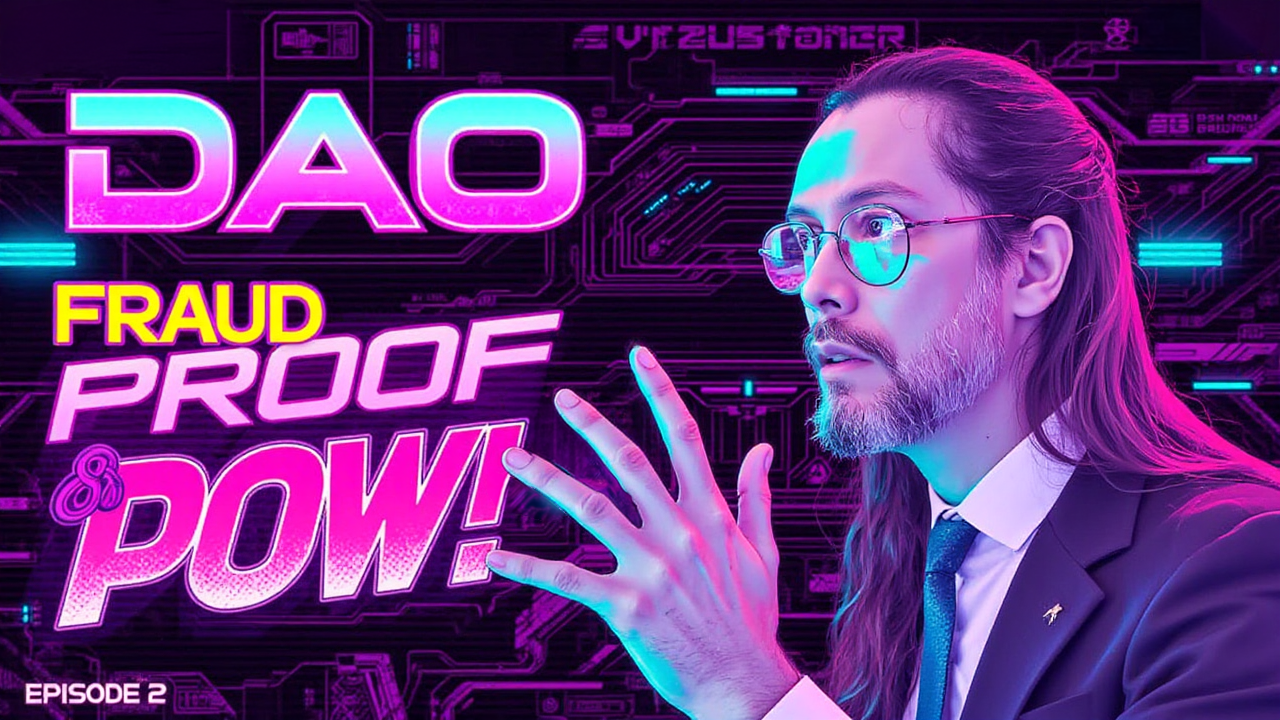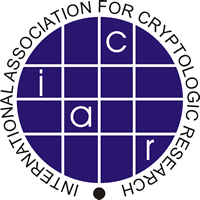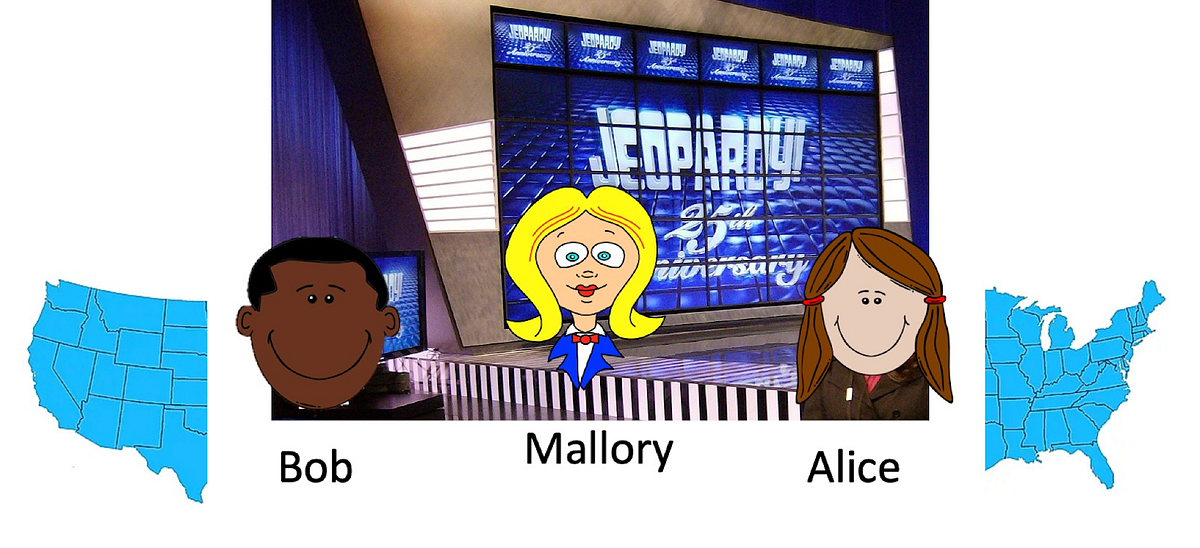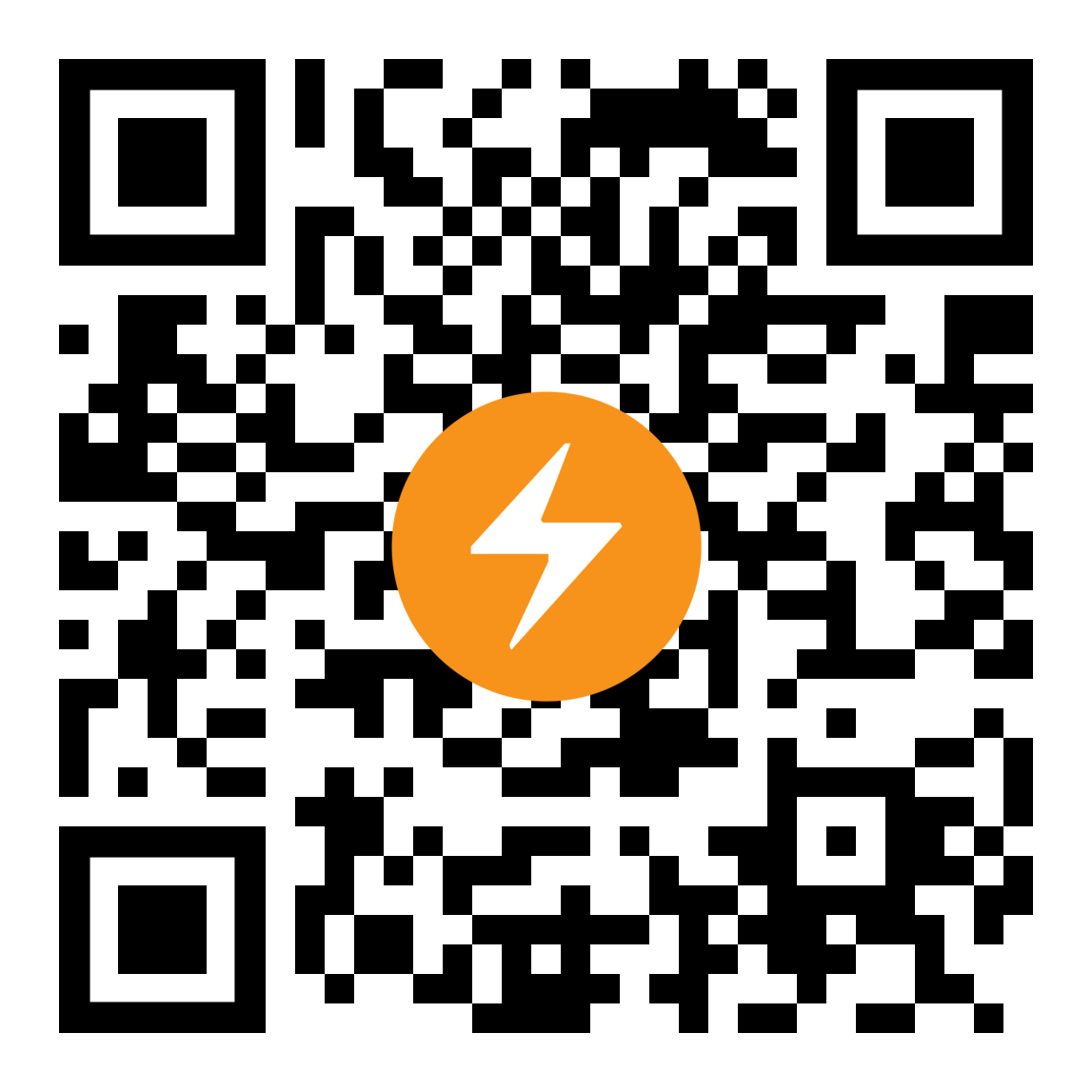Complete Knowledge and DAO Voting | Ep 2
In this botcast, we explore how technology is solving one of the biggest challenges faced by DAOs (Decentralized Autonomous Organizations): vote fraud.

In this botcast, we explore how technology is solving one of the biggest challenges faced by DAOs (Decentralized Autonomous Organizations): vote fraud. Learn how Vitalik Buterin and other experts from Cornell University are leading innovation using Zero-Knowledge Proofs and Proof of Work (PoW) to ensure security and privacy in blockchain voting systems.
You will discover how these technologies combat practices like token renting and lending, preventing vote manipulation in DAOs. The video also covers the importance of dedicated hardware to increase the integrity of digital elections.
Listen to the Podcast:
Table of Contents:
Source: YouTube Transcript - Morning Crypto (Timestamped Excerpts)
I. Introduction and Context (0:00:00 - 0:02:37)
- This section sets the stage by briefly discussing a common problem in Decentralized Autonomous Organizations (DAOs): fraudulent voting practices.
- It highlights the issue of individuals manipulating voting systems by borrowing, renting, or delegating tokens to influence decision-making within DAOs.
II. Introducing Complete Knowledge and the Proposed Solution (0:02:37 - 0:03:39)
- Introduces a potential solution developed by Vitalik Buterin and researchers from Cornell University, utilizing Zero-Knowledge Proofs to address the challenge of fraudulent voting in DAOs.
- Explains that the proposed solution involves a dedicated hardware or wallet system that verifies voting rights without revealing the user's private key, preventing token manipulation.
III. Deep Dive into Complete Knowledge with "Ger" (0:05:54 - 0:07:57)
- This section features "Ger," a voice assistant, who explains Complete Knowledge as a cryptographic innovation.
- Ger describes how Complete Knowledge allows users to prove possession of information, like a private key, without revealing the information itself.
- The section emphasizes how Complete Knowledge enhances security and privacy in digital identity and voting systems.
IV. Proof of Work and ASICs for Enhanced Security (0:07:57 - 0:09:05)
- Examines the potential of using Proof of Work (PoW), the consensus mechanism behind Bitcoin, in conjunction with Complete Knowledge.
- Explains how PoW can act as a mechanism to further ensure that a specific secret or key is held by a user without requiring the user to reveal it.
- Discusses the use of Application-Specific Integrated Circuits (ASICs) for performing the computational tasks required for PoW and Complete Knowledge verification.
V. Practical Implementation and Conclusion (0:09:05 - 0:10:25)
- Highlights the development of a demo ASIC by the researchers, showcasing the practical application of their proposed solution.
- Emphasizes the potential of this technology to prevent fraudulent voting practices by requiring a user to generate proof of their voting rights via this specialized ASIC.
- Concludes with a message emphasizing the importance of verifiable knowledge and its implications for privacy and security in the digital age.
Reference:






